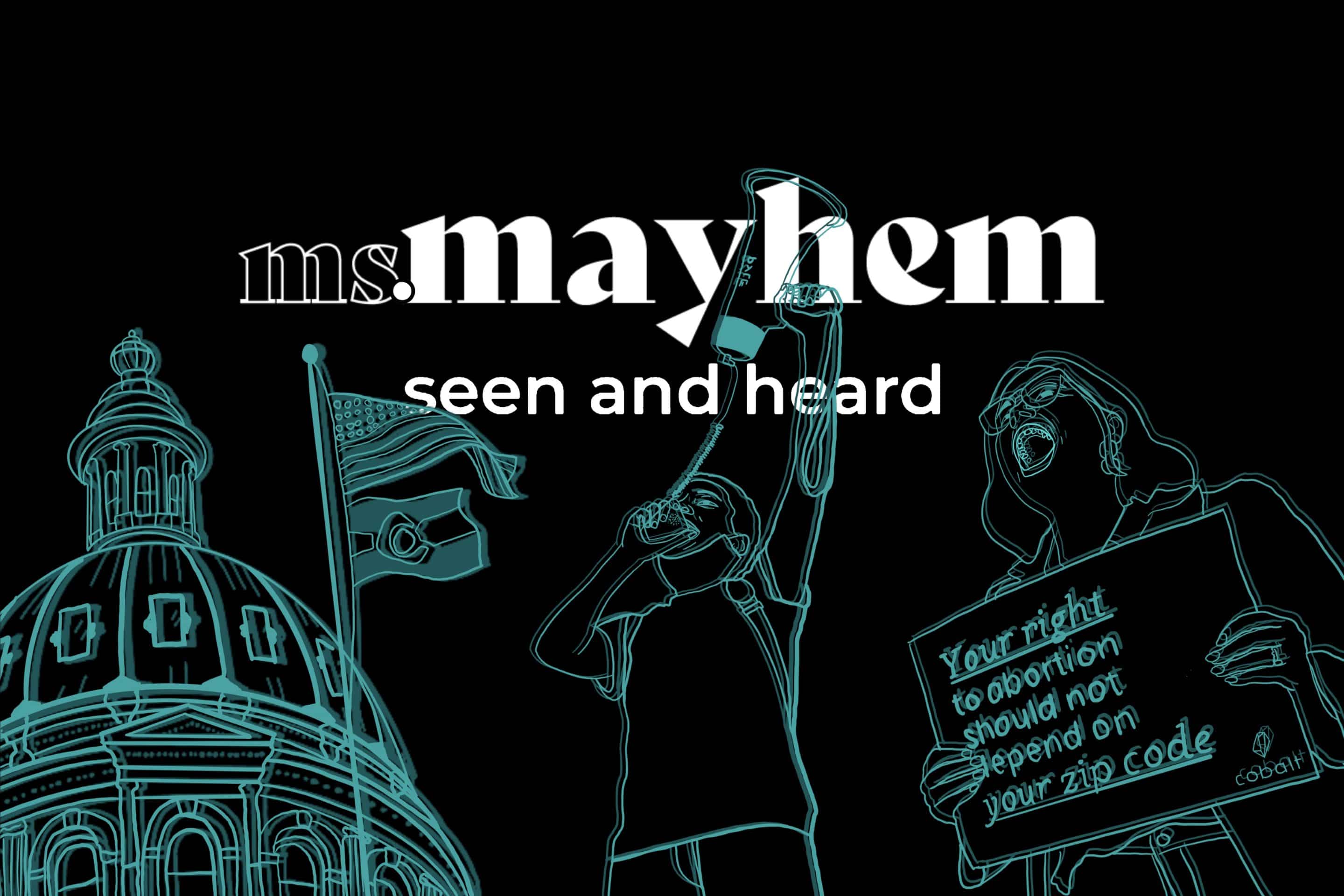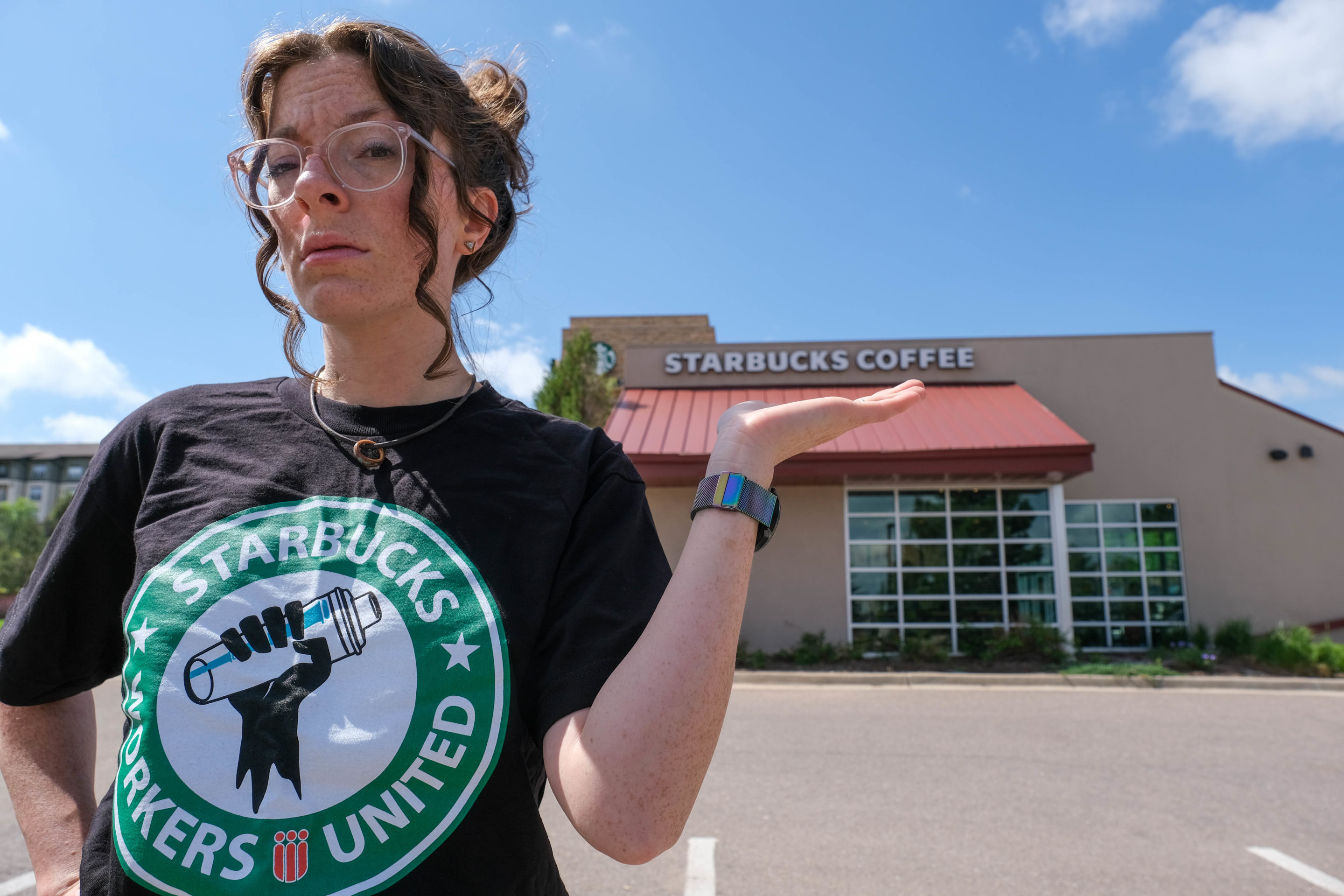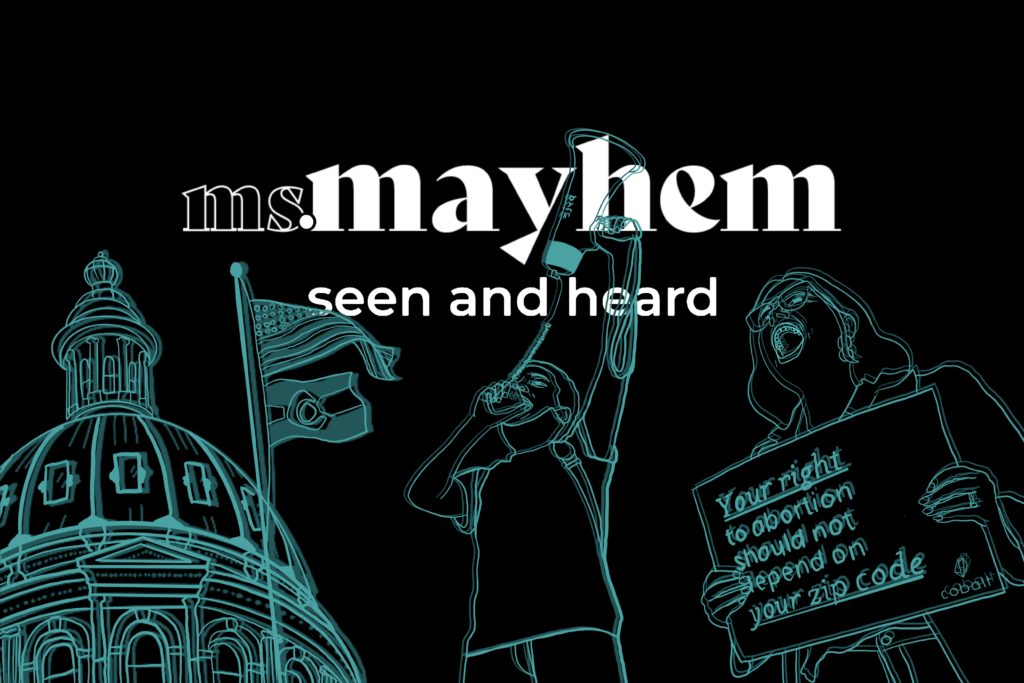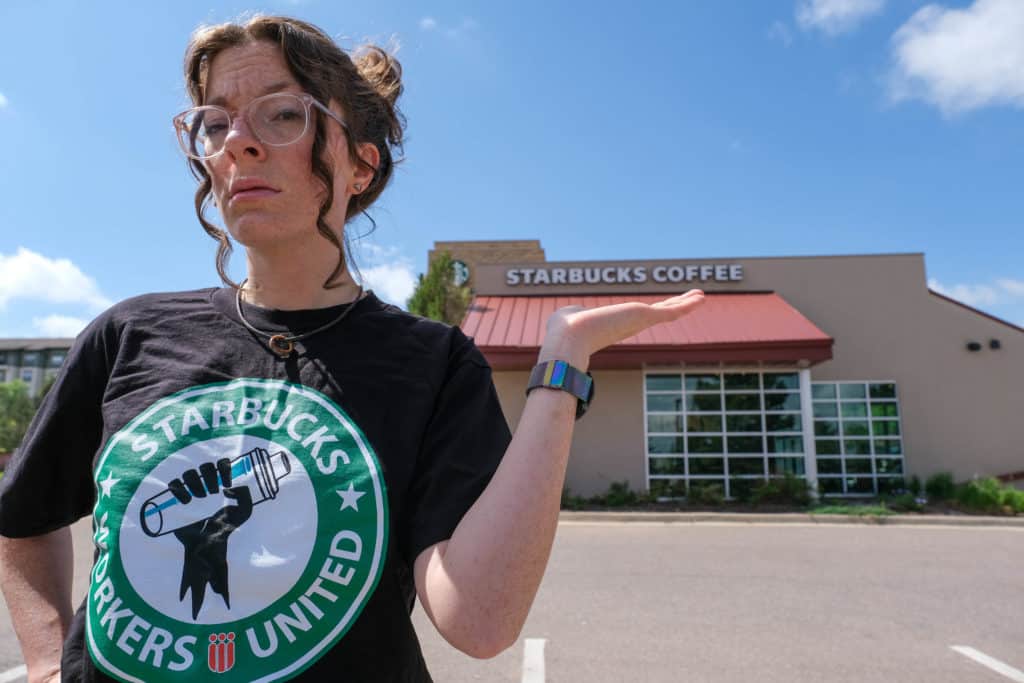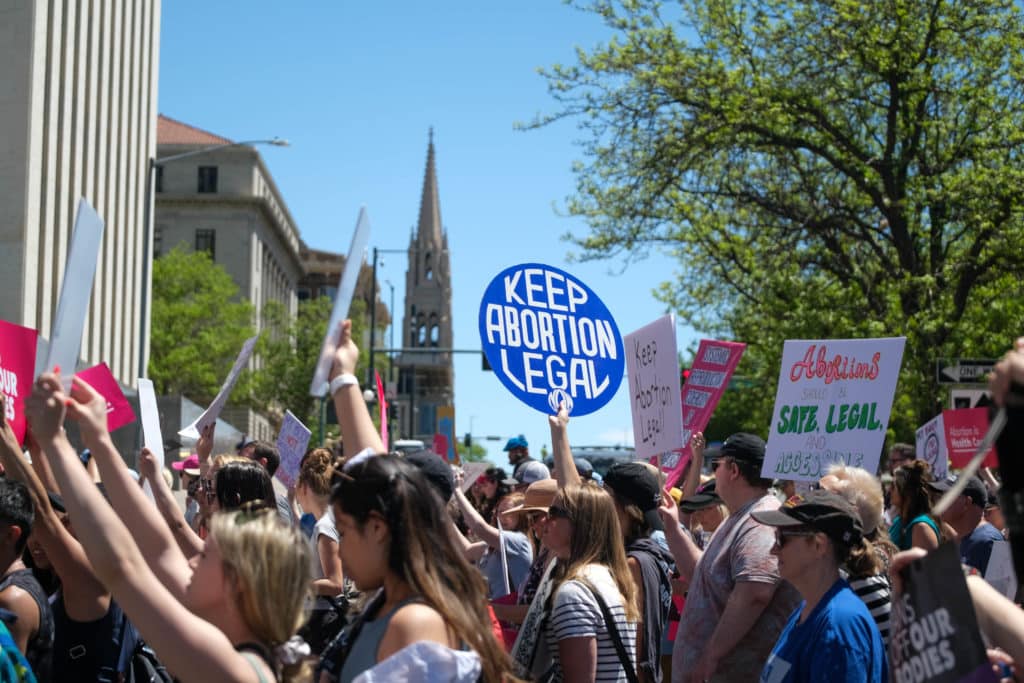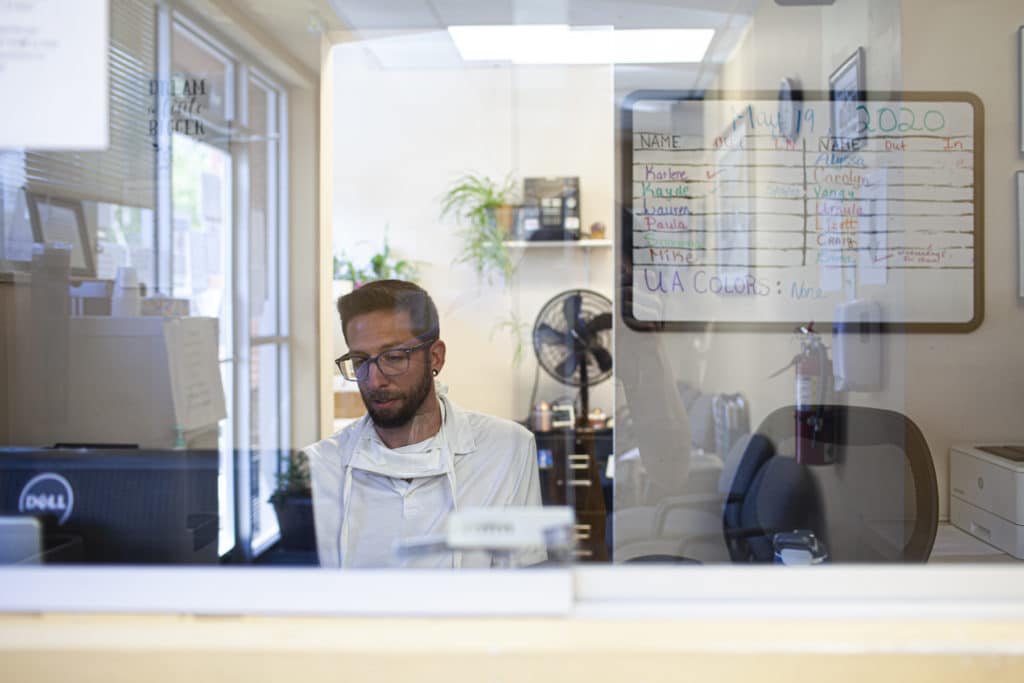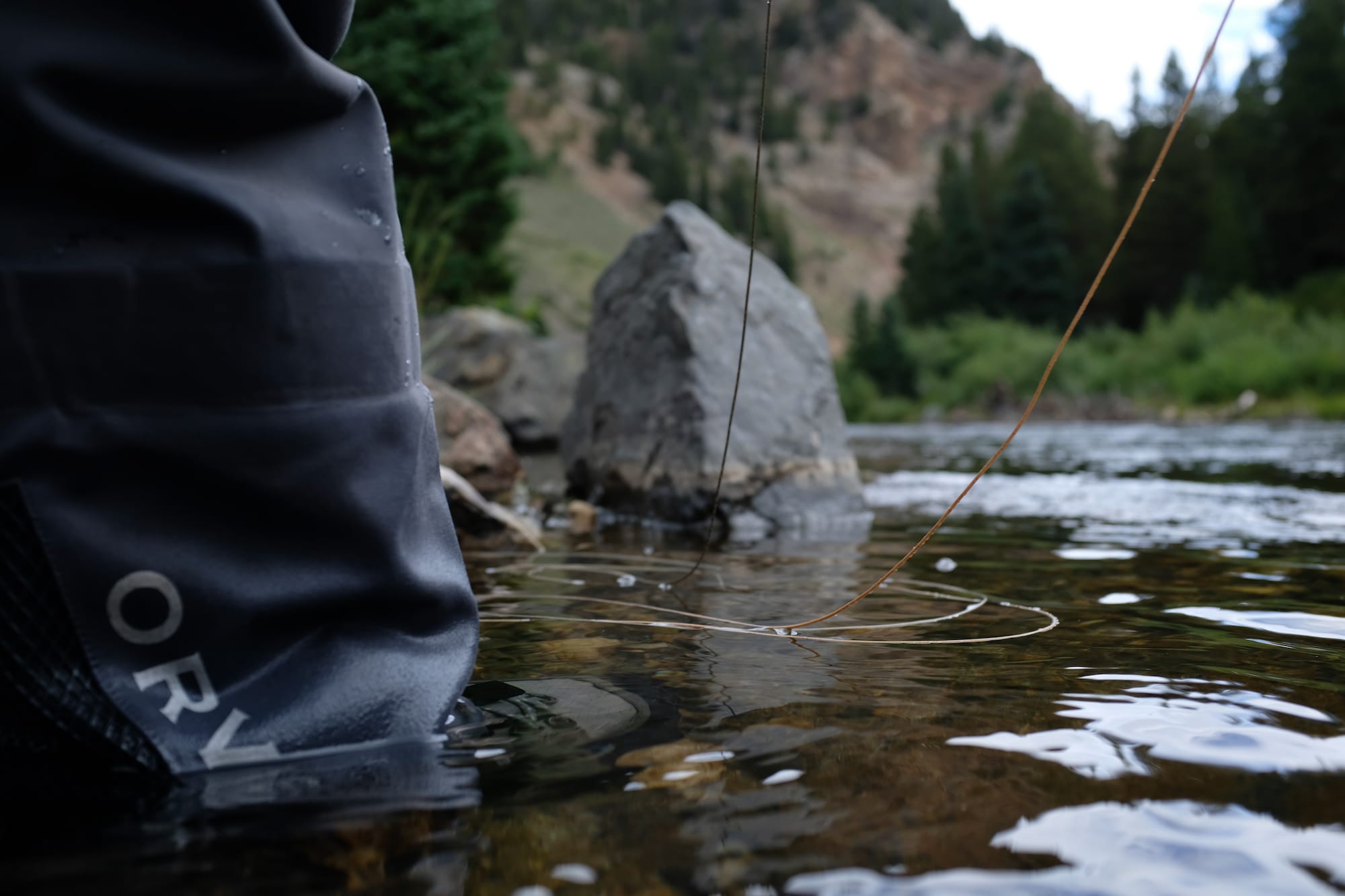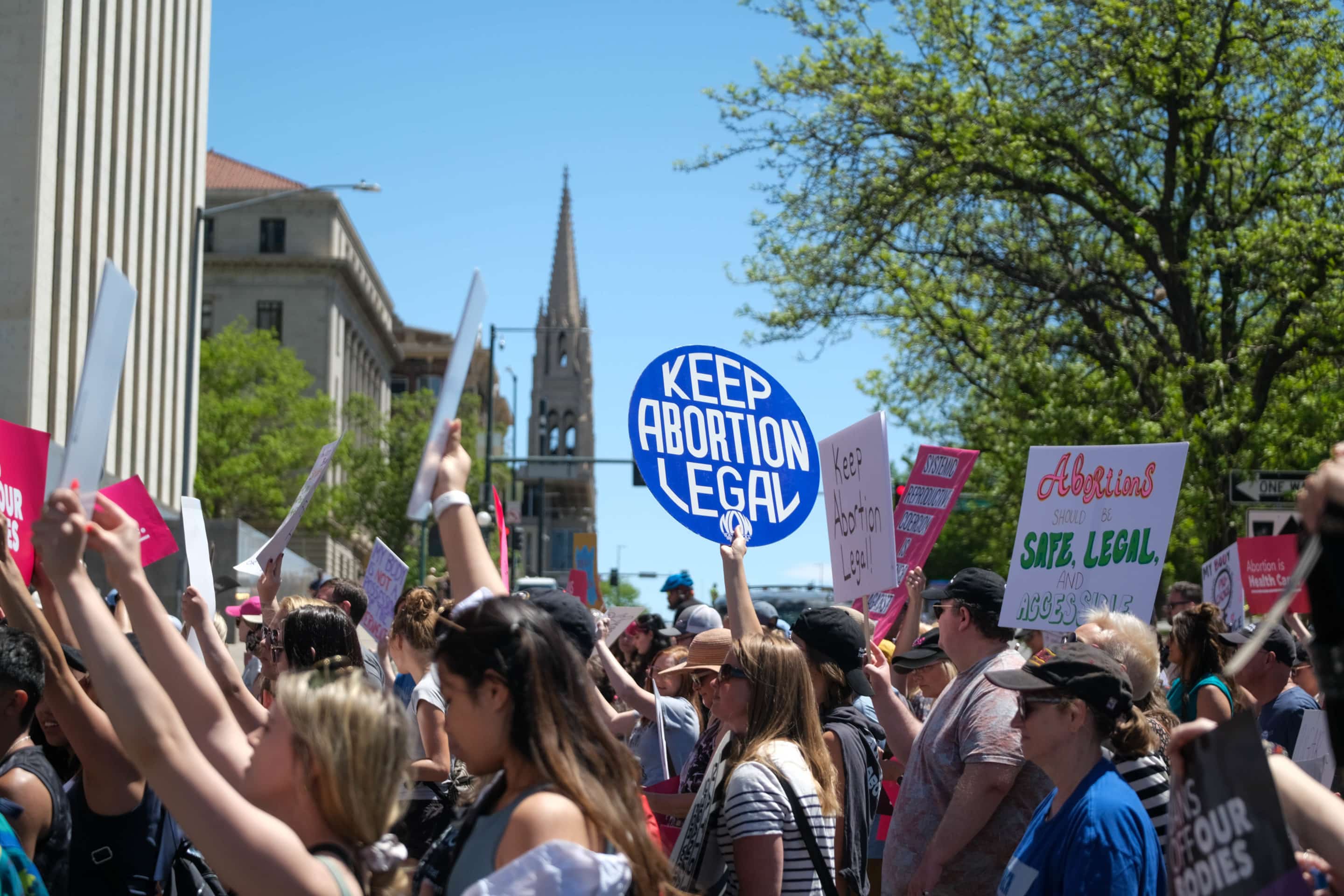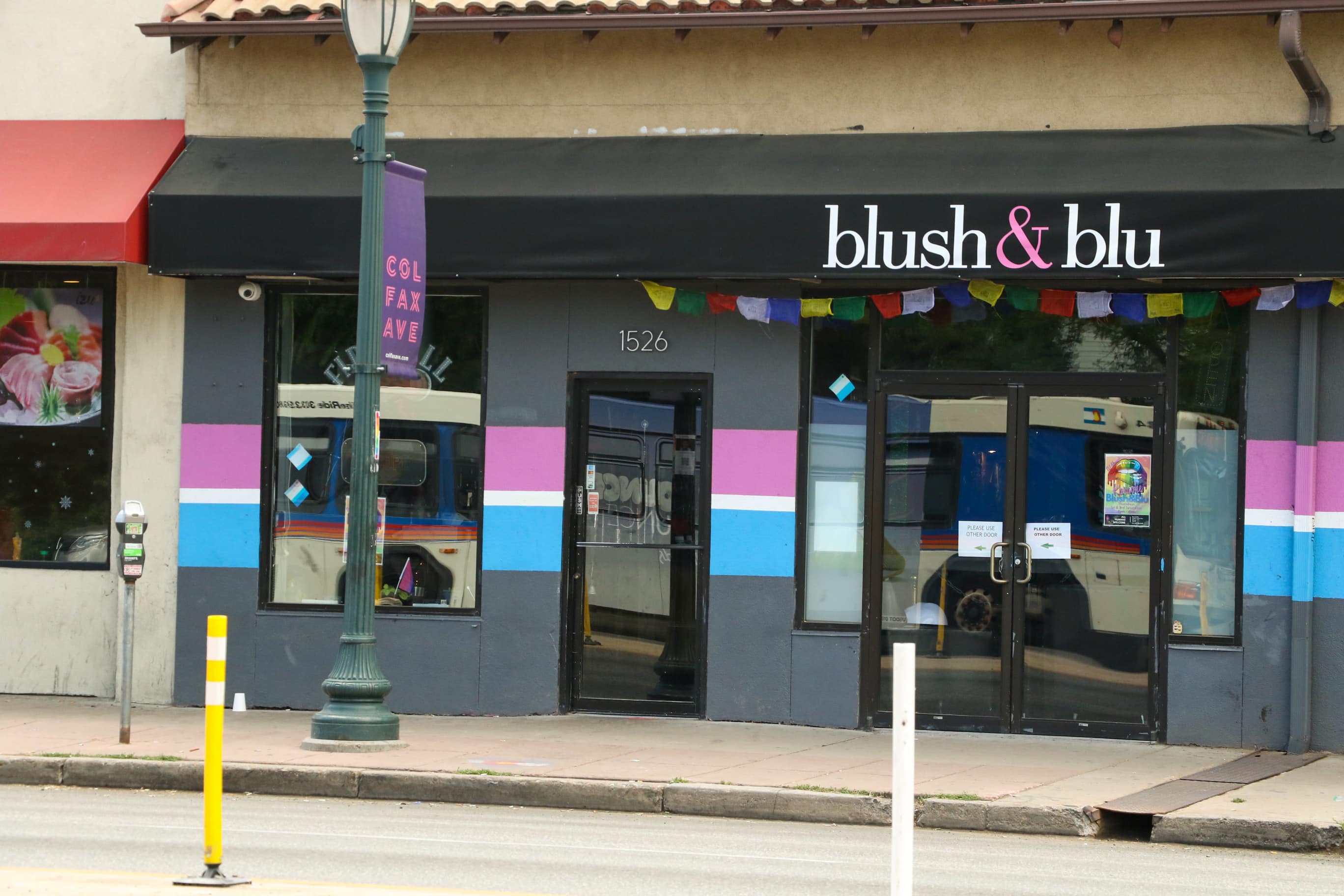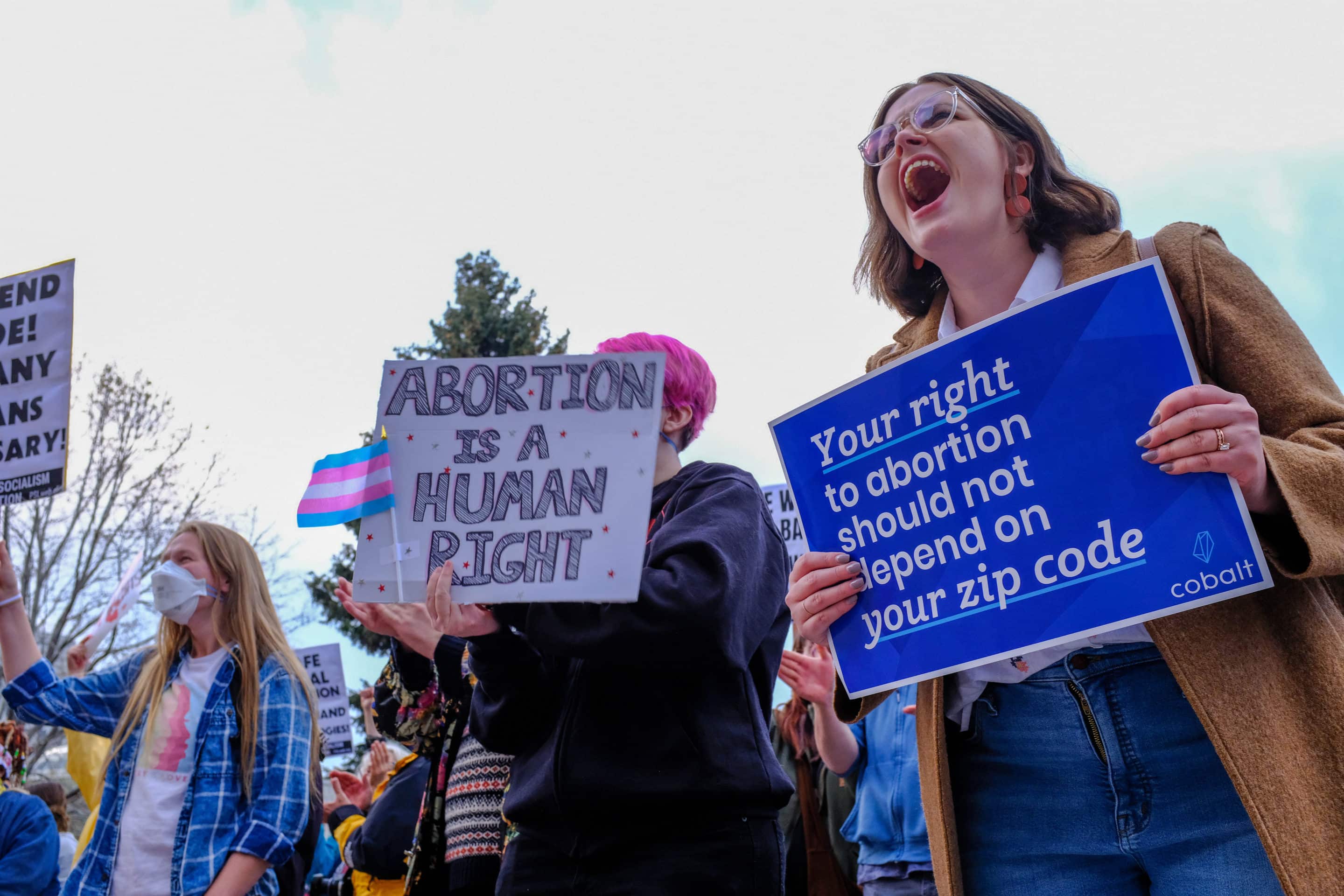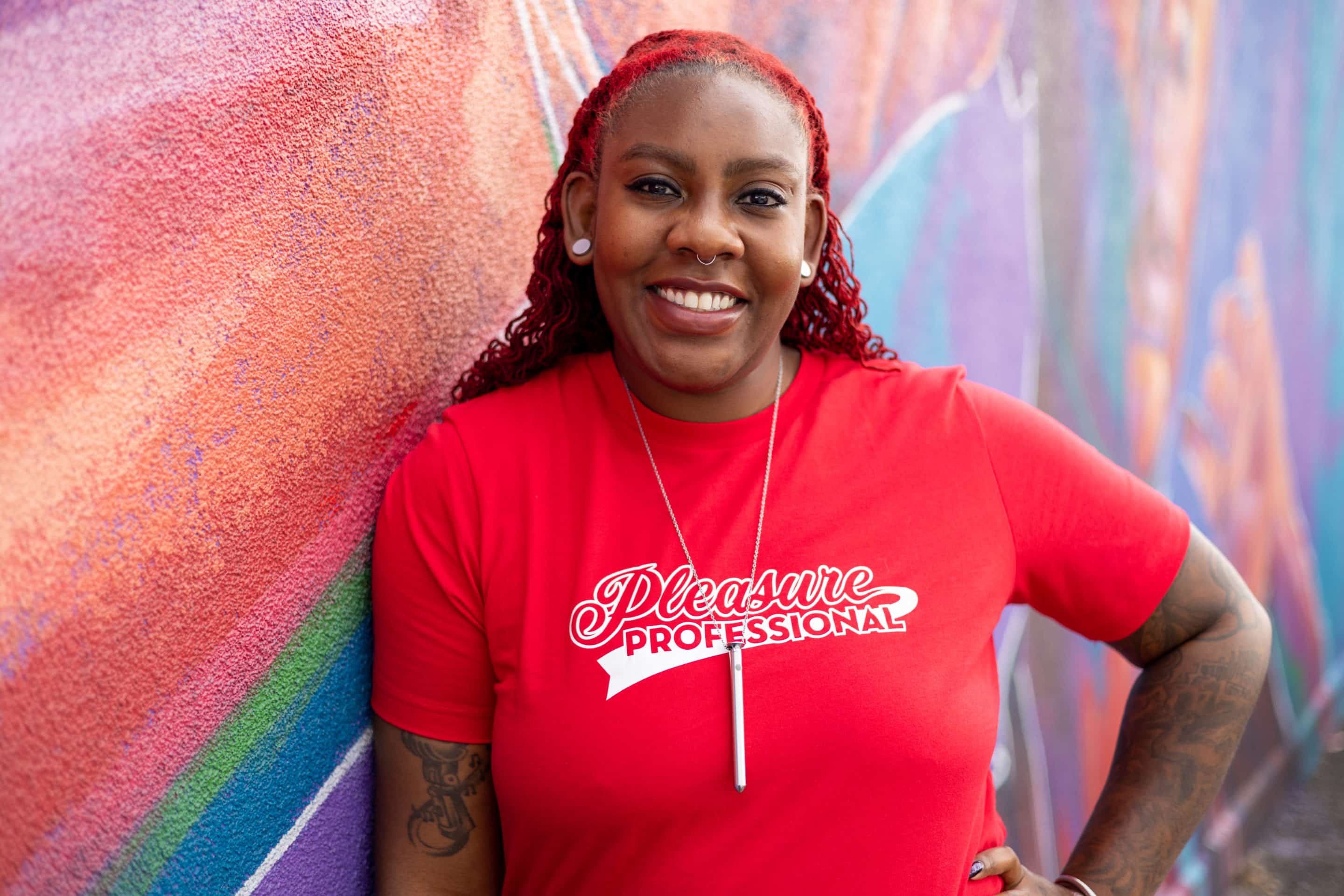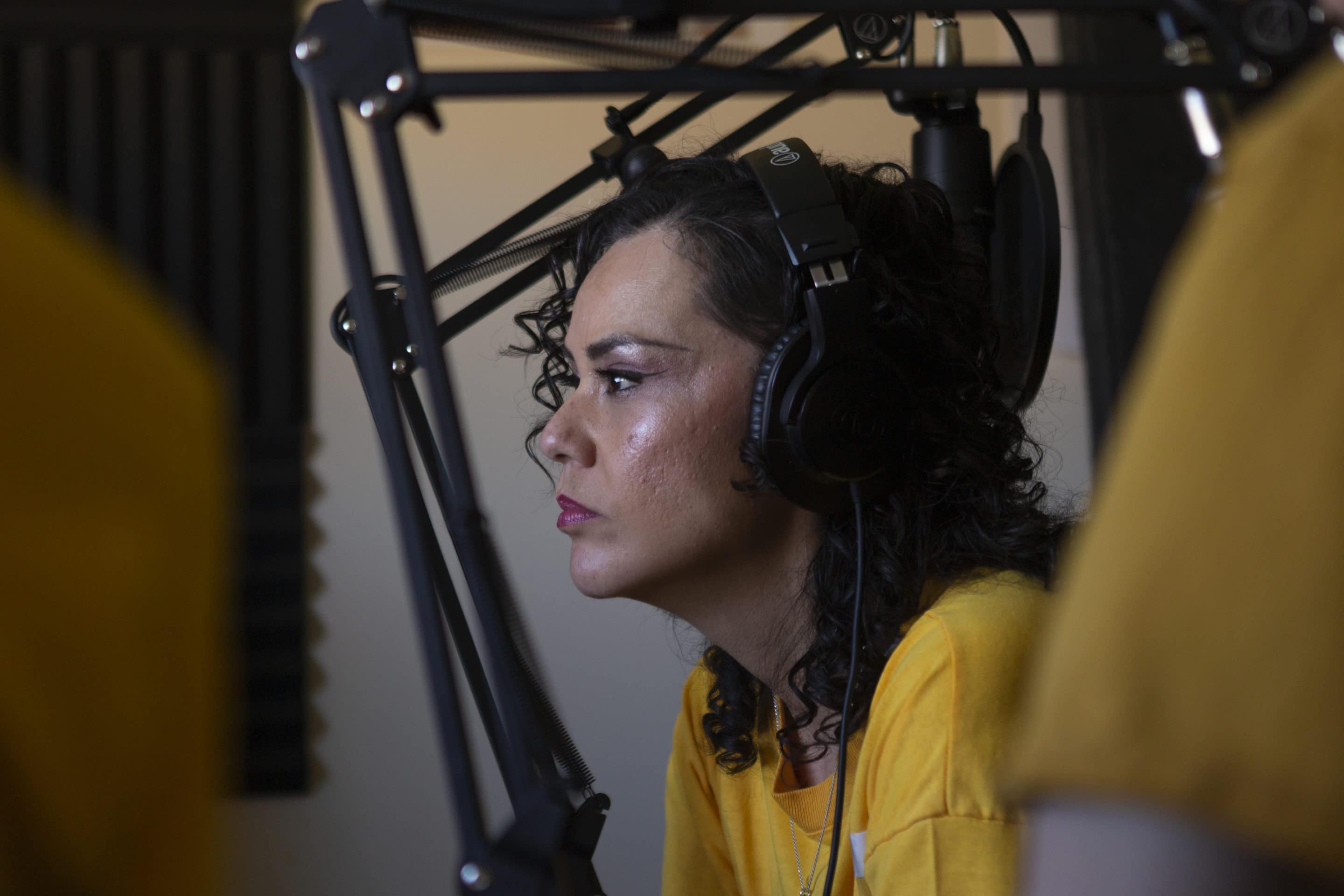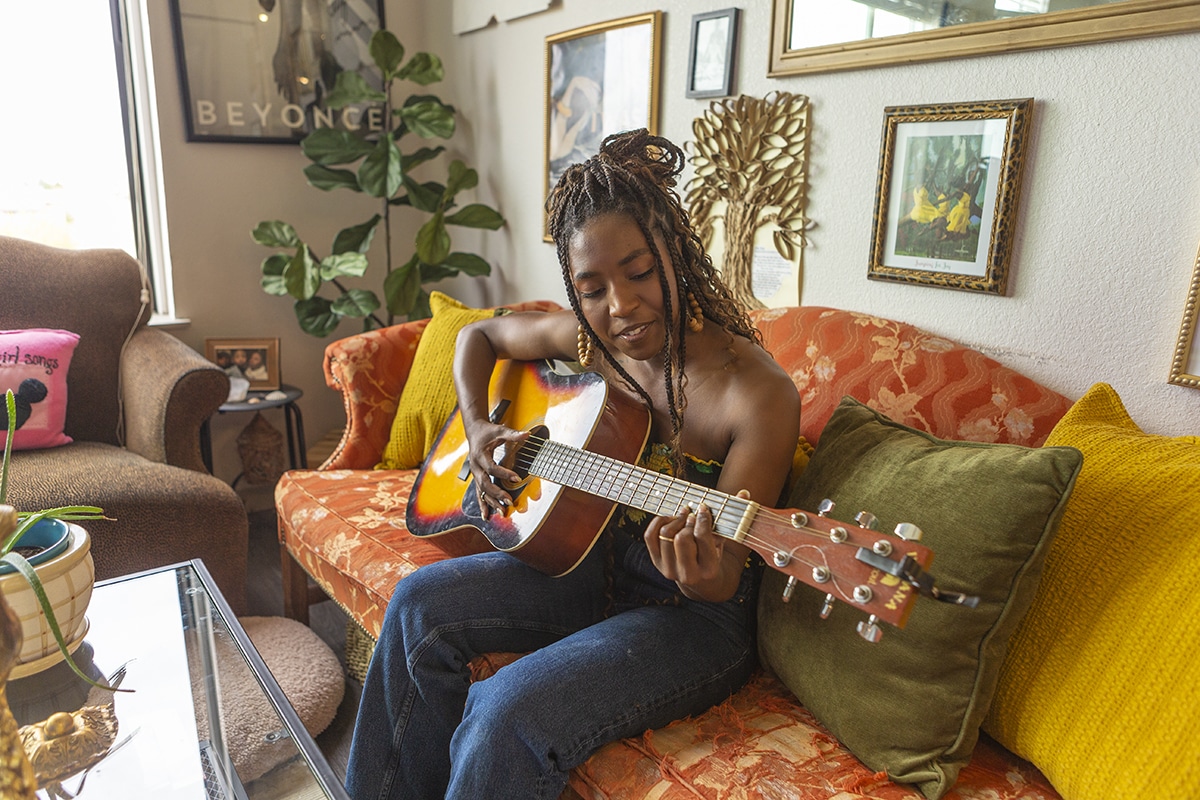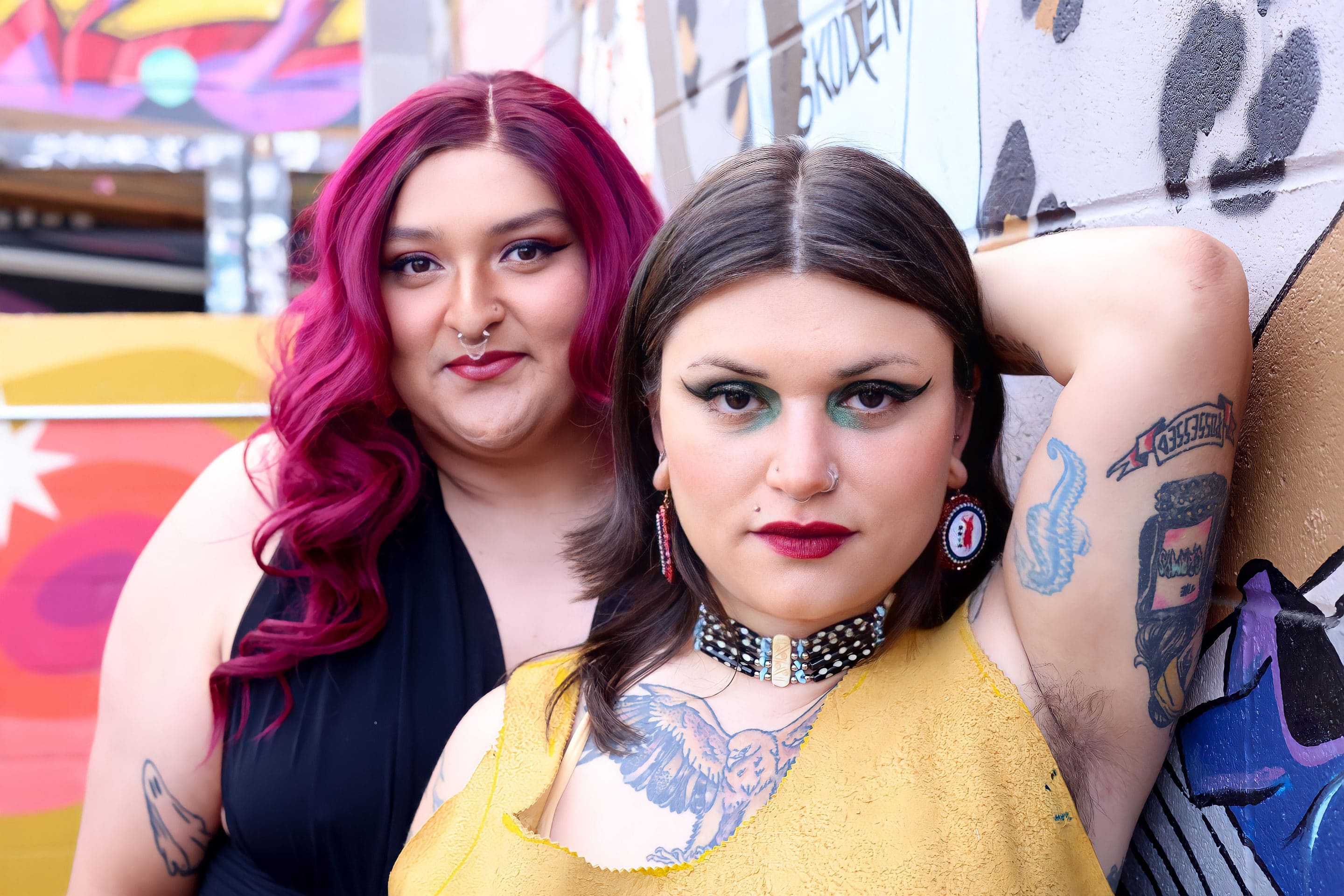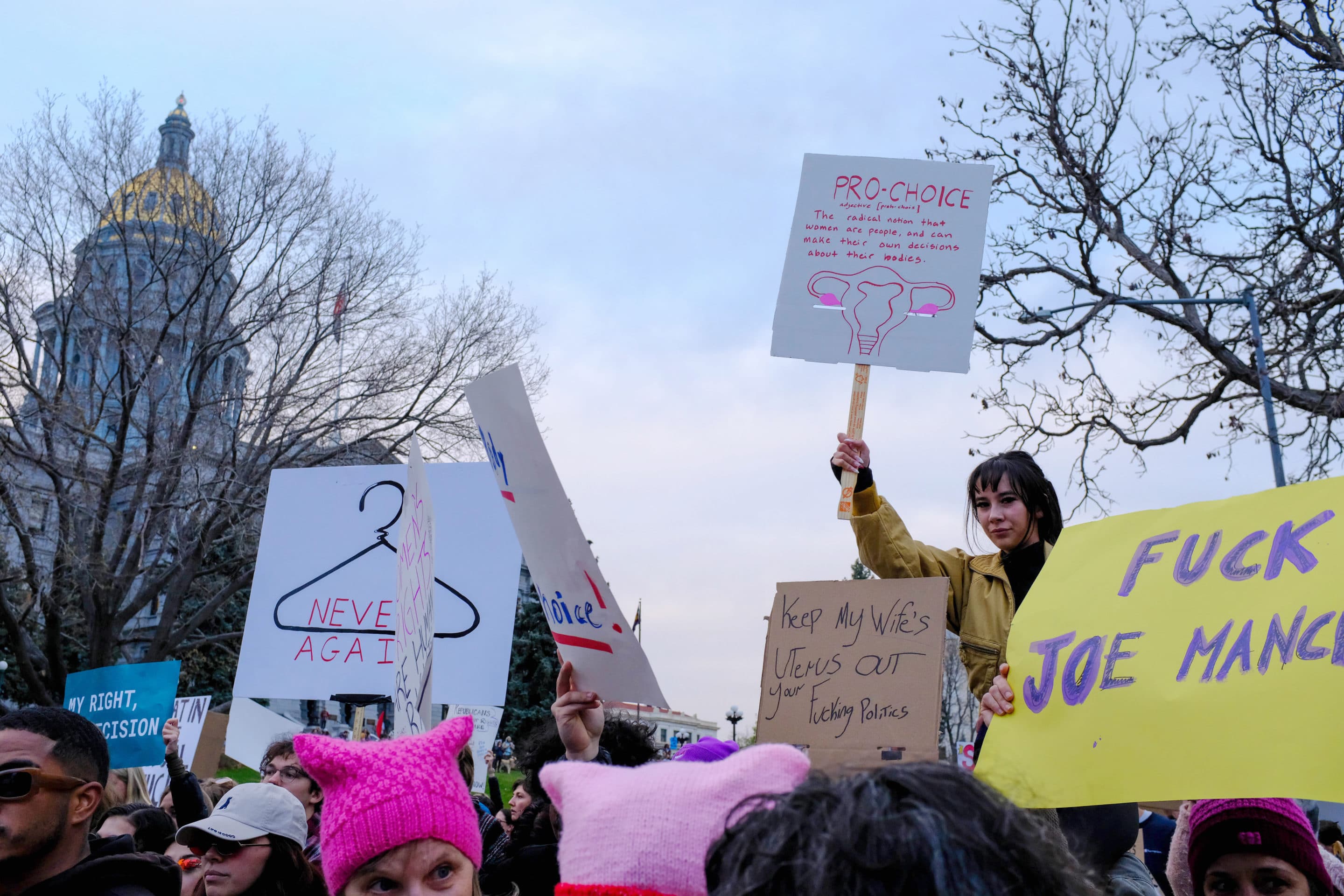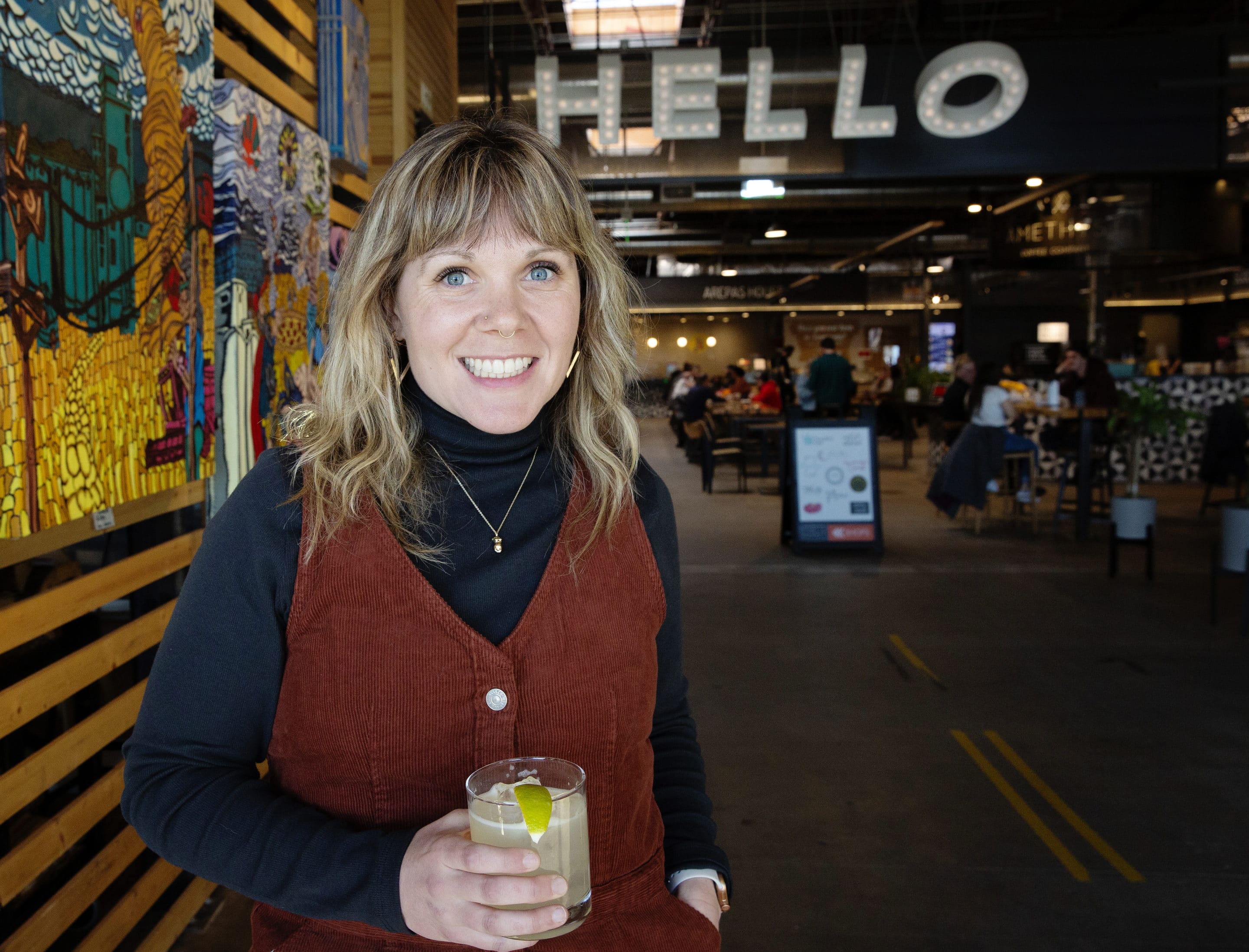The ‘Melanie Rose touch’ leaves its mark on Denver
LA-based designer Melanie Rose worked with Denver residents on her new Netflix show “How to Build a Sex Room,” which premiered July 8.
Letter from the Editor: The future of Ms. Mayhem
Ms. Mayhem editor Madison Lauterbach announced the Denver outlet is halting publication. The last stories will be published by July 31.
The Great Resignation is creating a critical moment for Colorado workers
The Great Resignation largely tipped the scales in workers’ favor, and many in Colorado have seized the moment to begin unionizing.
The ‘Melanie Rose touch’ leaves its mark on Denver
LA-based designer Melanie Rose worked with Denver residents on her new Netflix show "How to Build a Sex Room," which premiered July 8.
Letter from the Editor: The future of Ms. Mayhem
Ms. Mayhem editor Madison Lauterbach announced the Denver outlet is halting publication. The last stories will be published by July 31.
The Great Resignation is creating a critical moment for Colorado workers
The Great Resignation largely tipped the scales in workers' favor, and many in Colorado have seized the moment to begin unionizing.
Abortion myths loom large in a post-Roe Colorado
Misinformation and disinformation are spreading fast throughout Colorado as advocates reckon with the fallout of a post-Roe nation.
Questions of inclusivity mar the future of Denver’s only lesbian bar
As Blush & Blu and its owner are embroiled in an ongoing lawsuit, questions circulate around the role lesbian bars play in the LGBTQ+ community.
Self-isolation brings new recovery measures
Being forced into an unexpected situation like this could cause someone in recovery to revert back to their old ways to find familiarity and comfort.
CASTING FORWARD
In April 2021, several Ms. Mayhem reporters undertook an ambitious project. They wanted to learn how women were evolving the sport of fly fishing.
The team initially approached the project through three main lenses: gear, safety, and conservation and education. Since then, they’ve added a fourth focus examining the lack of visibility and representation for women of color and other marginalized groups. They spoke with company founders making equipment more accessible; heard women’s experiences of safety concerns on and off the water; and discovered how women are shaping conservation efforts.
Our reporters spent hours in the car traveling across Colorado, conducted interviews over Zoom, and even made it out to Chattanooga, Tennessee for a weekend to bring these valuable stories to you.
The project consists of four multimedia stories and five films.
Abortion myths loom large in a post-Roe Colorado
Misinformation and disinformation are spreading fast throughout Colorado as advocates reckon with the fallout of a post-Roe nation.
Questions of inclusivity mar the future of Denver’s only lesbian bar
As Blush & Blu and its owner are embroiled in an ongoing lawsuit, questions circulate around the role lesbian bars play in the LGBTQ+ community.
Fishing the Good Fight expands mental healthcare access for men across Colorado
As men's mental health becomes a topic of national conversation, Fishing the Good Fight is working to expand access for men in Colorado.
Colorado prepares to take out-of-state patients as Supreme Court overturns Roe v. Wade
On June 24, the United States Supreme Court overruled Roe. Now, Colorado prepares to be a bastion of abortion access in a sea of red states.
Shanae Adams embraces the healing of kink for Denver’s QTBIPOC community
Sex educator and co-founder of Chrysalis House Shanae Adams wants to help other queer and trans BIPOC explore the world of kink.
Denver women’s correctional facility helps launch first state-wide prison radio station
Cynthia Gonzales is one of 15 incarcerated producers of "Inside Wire" broadcasting stories of prison.
‘The Magical World of Black Girlhood’: Denver musician Jaiel’s ode to Black womanhood
Denver musician Jaiel drew inspiration for her new EP from fairytales, Afrofuturism and most importantly, the Black women in her life.
Rad-De-Colonial creates space for Denver BIPOC performers
Major Moisture, Piss E. Sissy and Siren Sixxkiller have formed Rad-De-Colonial, a variety show spotlighting Denver BIPOC performers.
Colorado advocates talk next steps in fight for abortion healthcare after Supreme Court leak
On May 3, a leaked draft opinion showed the Supreme Court will vote to overturn Roe. This is what Colorado abortion advocates are doing.
Denver Bi Women’s Social Club creates queer space free from biphobia
Johanna Pietari wanted to find other women in the Denver area with relationships like hers. So she created the Bi Women's Social Club.
Bad Bettie Project, Catbird’s LGBTQ+ Career Fair centers inclusion in job hunting
Bad Bettie Project and Catbird Hotel are co-hosting a career fair April 22-23 for LGBTQ+ Denverites, who often face prejudice in the work search.
Welcome to Ms. Mayhem! /
Ms. Mayhem is a woman-owned, Denver-based online publication dedicated to authentic, in-depth news and uncovering the stories of underrepresented voices. We work to spark conversations about inclusivity and promote people who make waves within their communities.
We cover major stories from perspectives that are rarely seen from more mainstream outlets. Our stories focus on femme-identifying and nonbinary people in all walks of life, from sex work to the military; from tattooing and skateboarding to the STEM field. We aim to report from the intersection of gender, sexuality, class, ability and race.
SUBSCRIBE
Become a Member
CLASSIFIEDS
Advertise With Us
FOLLOW US
Website designed & developed by Adventure Toward Creative & Media Luna Studios
Content published by Ms. Mayhem, LLC


